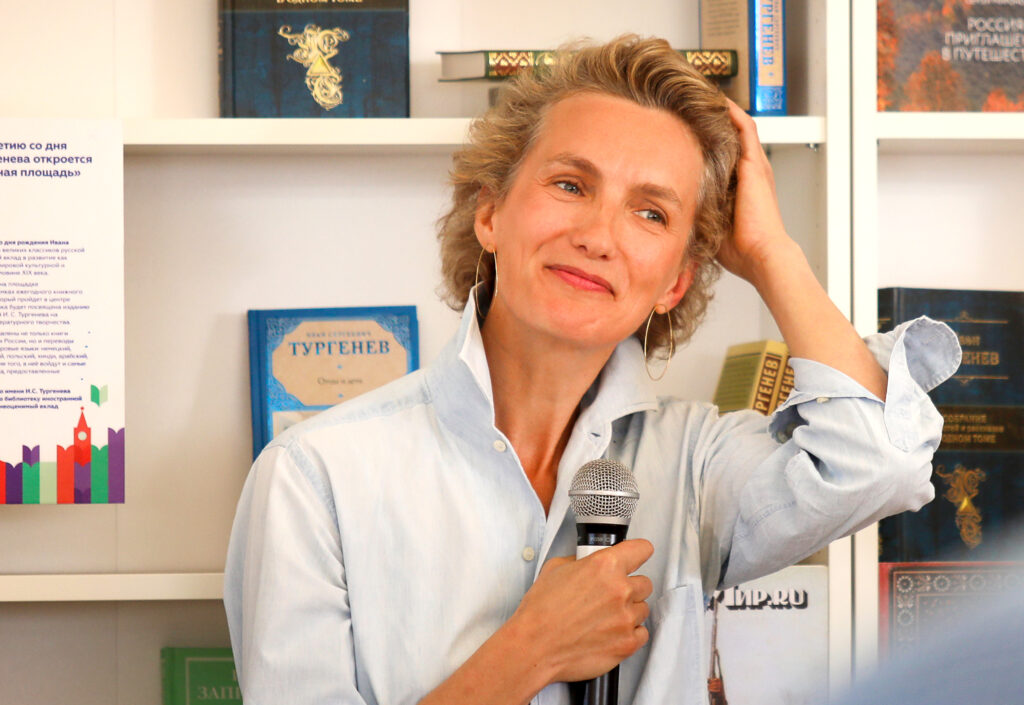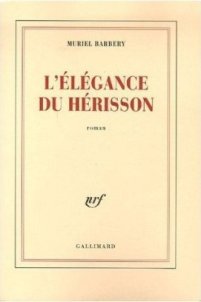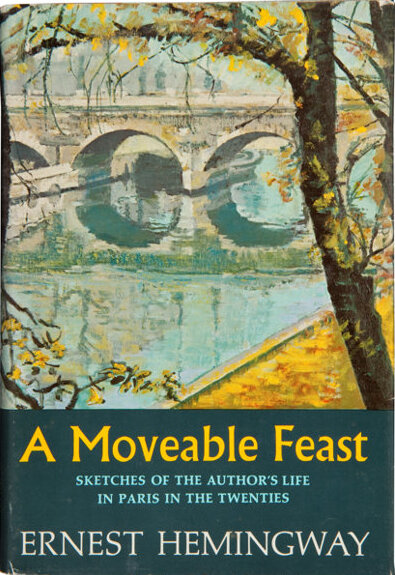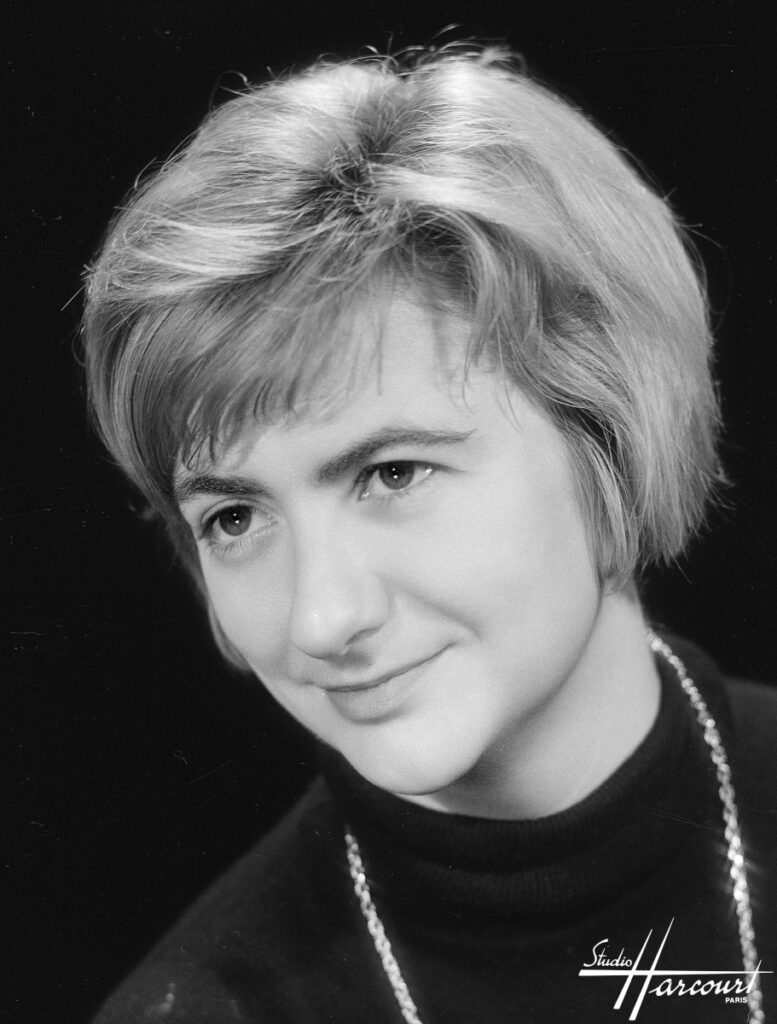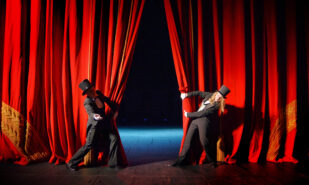Paris at Your Fingertips: A Reading List for the Parisian State of Mind
Paris can be both your greatest heartbreak, your greatest joy. Sometimes the city’s attitude toward us depends on its mood (yes, Paris can be unpredictable – it’s entitled to be). But there’s one sure way to slip into the true Parisian spirit: take a seat at a street café and simply read.
Or even better – to start reading before your trip to Paris. Then the mood will get you a little earlier, and by the time you step off the train at Gare de l’Est it will start bubbling up like crémant in a glass; a sparkle will appear in your eyes, your lips will curve into a smile. And, without even realizing it you suddenly start saying bonsoir, Monsieur to everyone you meet.
But now – it’s time for Parisian reading!
Anna Gavalda, Hunting and Gathering (Ensemble, c’est tout)
This is a novel about people who, at first glance, have nothing in common – except for the sudden appearance of a grandmother in all their lives (yes, you read that right: a grandmother). It’s a story about how we choose our own family, no matter how absurd it may seem to others; about loving the ones who happen to be with us; about hating the work you do, losing it unexpectedly, and then finding it again.
But it’s also a novel about an old apartment on the Champ de Mars: “…By standing on a stool and leaning out – at considerable risk to life – you could just see the tip of the Eiffel Tower.” And that apartment is a bona fide fifth character in the story.
The first time she’d come in here she couldn’t help but exclaim with delight, and Philibert had told her that the entire bathroom was a Porcher model, from 1894. It had been one of his great-grandmother’s whims: she was one of the most elegant Parisiennes of the Belle Époque. A bit too elegant in fact, if you were to judge by his grandfather’s eyebrows whenever he talked about her and told stories of her escapades. Better than Offenbach. When the bathroom was first installed, all the neighbors gathered to complain because they thought it was going to go through the floor; then they came to admire and ooh and ah. It was the finest in the whole building, perhaps in the entire street.
She rose very early that morning and silently got to work. She took the sheets off the bed, folded them, and found a big bag in which to take them to the laundry. She got her things together and piled them into the same little box she had come with. She felt horrible. It wasn’t so much the idea of going back up there which bothered her, but of leaving this room. The scent of dust, the light, the soft rustling of the silk curtains, the cracking noises, the lamp shades, the misty mirror. The strange impression of living outside time. Far from the world. Philibert’s ancestors had eventually accepted her and she’d had a grand time drawing them in different guises and situations.
Muriel Barbery, The Elegance of the Hedgehog
Concierge Renée Michel is reading Anna Karenina. Her cat is named Leo – after you-know-who. But no one around her suspects this, except for Paloma, a 12-year-old child prodigy living in the same building on Rue de Grenelle. Paloma hides the fact that she’s clever and is planning to take her own life.
A Japanese gentleman, Kakuro Ozu, makes friends with them, invites them over, and everything becomes impossibly wonderful – until it ends in deep sadness.
This is a book you simply must read. It’s kind, cozy, and funny, despite everything. And it’s full of allusions and quotations. Just the way we like it.
“When the tea ritual, such a precise repetition of the same gestures and the same tastes, …
Then let us drink a cup of tea. Silence descends, one hears the wind outside, autumn leaves rustle and take flight, the cat sleeps in a warm pool of light. And, with each swallow, time is sublimed.”
And of course, my favorite grammar-nazi quote from the novel – about punctuation:
“I opened the envelope and read this little note written on a business card whose surface is so glossy that the ink, to the dismay of the defeated blotter, has bled slightly underneath each letter.
Madame Michel,
Would you be so kind as, to sign for the packages from the dry‑cleaner’s this afternoon?
I’ll pick them up from your lodge this evening.
Scribbled signature.
I was not prepared for such an underhand attack. I collapse in shock on the nearest chair…
Let me explain:
The cat is sleeping.
You’ve just read a harmless little sentence, and it has not caused you any pain or sudden fits of suffering, has it? Fair enough.
Now read again:
The cat, is sleeping.
Let me repeat it, so that there is no cause for ambiguity: The cat comma is sleeping.
On the one hand, we have an example of a prodigious use of the comma that takes great liberties with language, as said commas have been inserted quite unnecessarily, but to great effect:
“‘I have been much blamed, both for war, and for peace…”
Ernest Hemingway, A Moveable Feast
A memoir of Hemingway’s life in Paris, filled with stories of his conversations with F. Scott Fitzgerald, James Joyce, and Gertrude Stein – a guide to the literary and gastronomic Paris.
“But Paris was a very old city and we were young and nothing was simple there, not even poverty, nor sudden money, nor the moonlight, nor right and wrong nor the breathing of someone who lay beside you in the moonlight.”
“There is never any ending to Paris and the memory of each person who has lived in it differs from that of any other. We always returned to it no matter who we were or how it was changed or with what difficulties, or ease, it could be reached. Paris was always worth it and you received return for whatever you brought to it.”
Françoise Sagan, A Signal to Surrender
A novel about love (what else could it be?). About love in a summer Paris – dusty, empty – a love that will end with the summer itself.
And let’s go ahead and quote Faulkner along with the heroine who insists she’s not to blame – it’s all Faulkner’s fault.
“I found out some time back that it’s idleness breeds all our virtues, our most bearable qualities – contemplation, equableness, laziness, letting other people alone, good digestion mental and physical: the wisdom to concentrate on fleshly pleasures – eating and evacuating and fornication and sitting in the sun – than which there is nothing better, nothing to match, nothing else in all this world but to live for the short time you are loaned breath, to be alive and know it”


